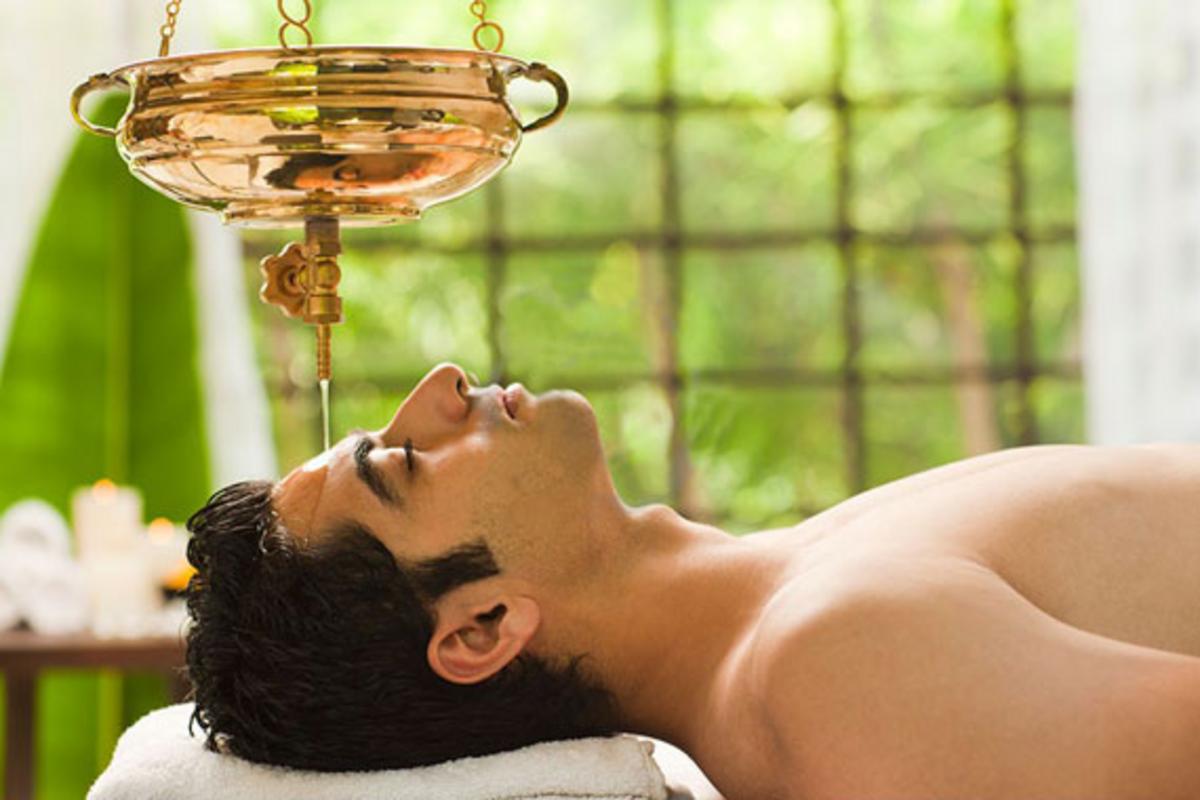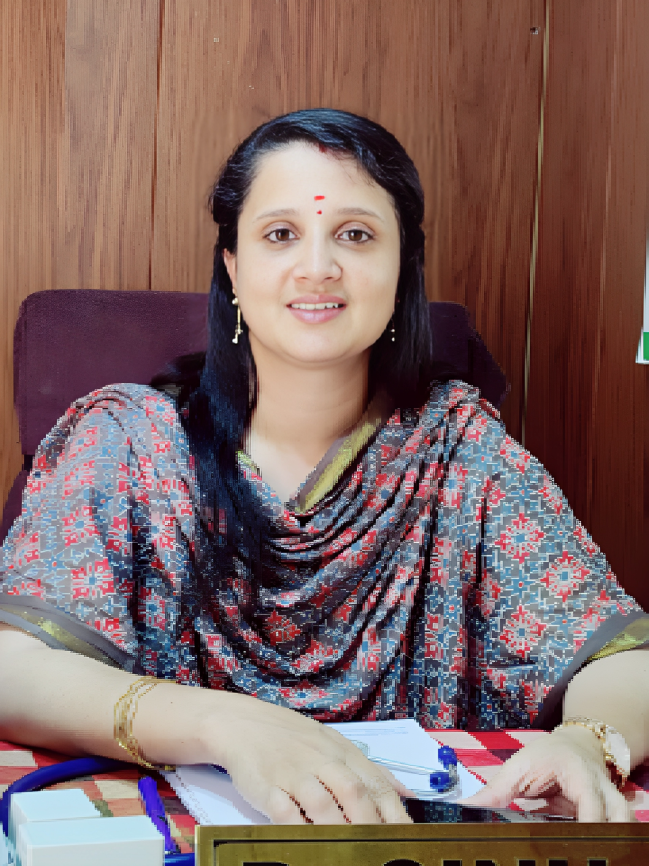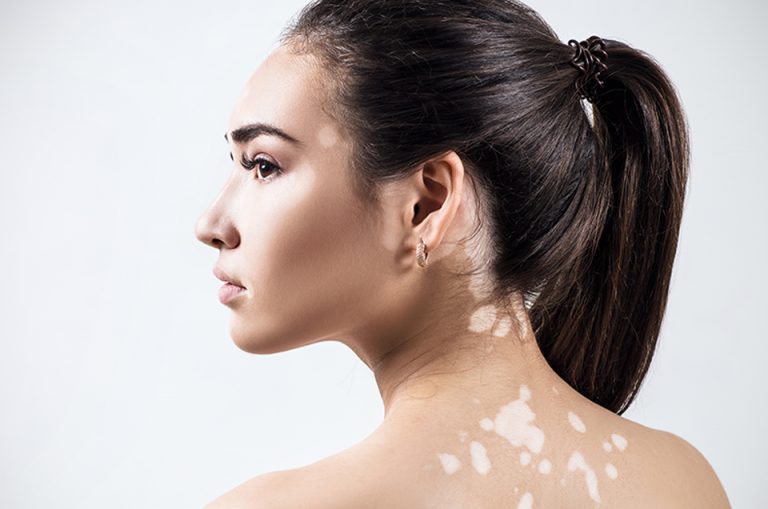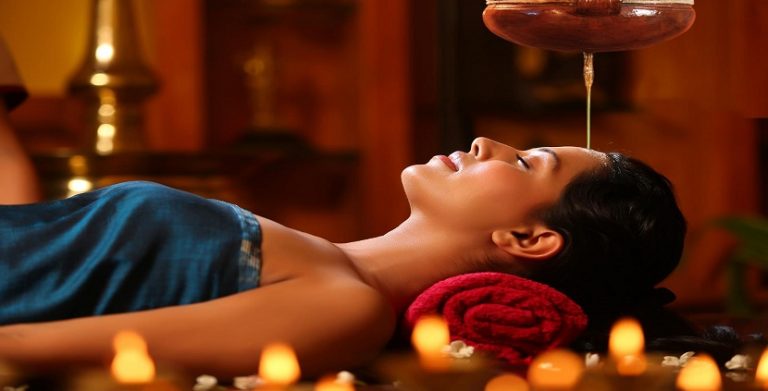Ayurvedic treatment for PTSD has emerged to be the science for individuals dealing with the complexities of mental health imbalance. Recognizing the profound connection between the mind and body, Ayurvedic practitioners have turned to the ancient therapeutic technique known as Panchakarma to address the deep-seated trauma that accompanies PTSD.
In this blog, we will explore the significance of Panchakarma for PTSD by shedding light on Ayurveda’s multidimensional approach to holistic healing.
Understanding PTSD: A Mind-Body Disconnect of
PTSD is a mental health condition triggered by a traumatic event, causing individuals to experience persistent distressing thoughts and emotions. People going through PTSD generally experience imbalance not only in the mind but also in the body’s energy system. Most ayurvedic therapies for stress aim at reducing trauma through detoxification and spirituality.
Therefore, Ayurveda recognizes the impact of traumatic experiences on the mind and body from a holistic point of view. Some major signs of PTSD includes-
1. Vata Imbalance
Individuals with PTSD may experience heightened Vata dosha, leading to physical manifestations such as restlessness, insomnia, and increased sensitivity to sensory stimuli. This also contributes to digestive issues, irregular heartbeat, and overall bodily discomfort.
2. Pitta Aggravation
Pitta imbalance contributes to heightened anger, frustration, and an overall intensity of emotional responses. Individuals may struggle with managing strong emotions and may display signs of aggression or impatience.
3. Kapha Suppression
PTSD also leads to suppression of Kapha dosha, resulting in fatigue, lethargy, and a compromised immune system. Individuals might experience weight loss, decreased appetite, and a general lack of physical and mental energy.
4. Agni Disturbance
Trauma can disrupt the digestive fire, leading to issues such as indigestion, bloating, and a compromised ability to absorb nutrients. This disturbance may contribute to fluctuations in appetite.
This is why most Ayurvedic treatments for PTSD often involve a personalized approach, incorporating Panchakarma detox, herbal remedies, dietary modifications, and lifestyle practices to restore overall balance of the mind and body.
The principles of PTSD and healing
Ayurveda operates on the fundamental principle of balance. Obviously the mind and body are intricately connected, and true healing can only occur when both aspects are addressed. Panchakarma, a cornerstone of Ayurvedic therapy is designed to rebalance the body’s energies and restore overall well-being of the patients.
Panchakarma literally translates to “five actions” in Sanskrit, is a series of therapeutic procedures aimed at eliminating toxins from the body and mind. The process involves five key steps: Vamana (emesis), Virechana (purgation), Basti (enema), Nasya (nasal administration), and Raktamokshana (bloodletting).
From an ayurvedic perspective it is said that the accumulation of emotional toxins can manifest physically, contributing to symptoms like insomnia, chronic pain, and digestive issues. The aim of Panchakarma is to cleanse the body’s organs and tissues, promoting the elimination of toxic residues and restoring harmony of the mind and the soul.
Ayurveda and panchakarma treatment goes hand in hand by using stress-reducing therapies to enhance its effectiveness by not only addressing physical distress but also the emotional and spiritual aspects connected to it.
Conclusion
With Ishani Ayurveda’s panchakarma treatment, you can experience a holistic recalibration of the entire being which guides individuals towards a state of equilibrium and resilience.
So to sum it up, embracing the ancient wisdom of Ayurveda stands out to be the key to unlocking a new chapter of healing for the entire mind and soul.





